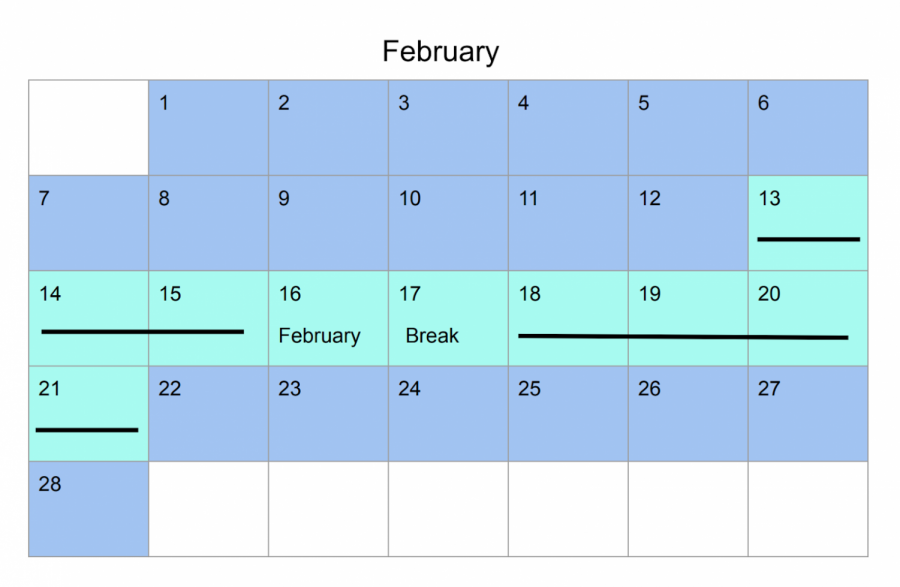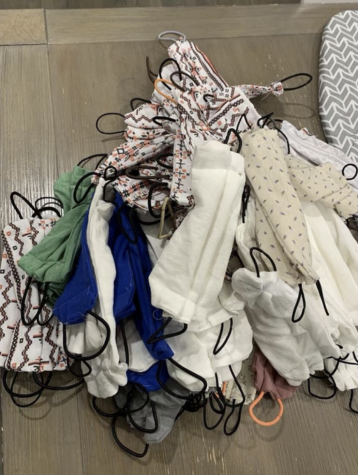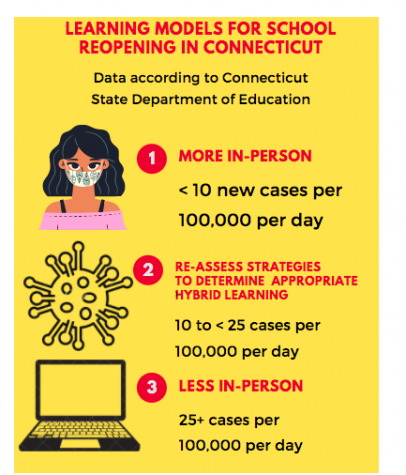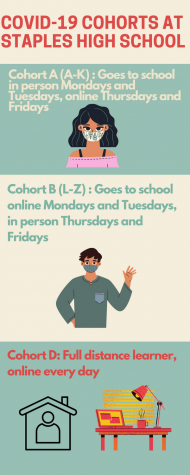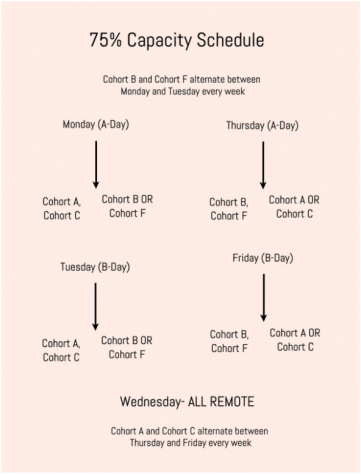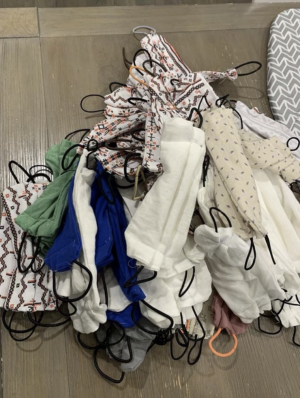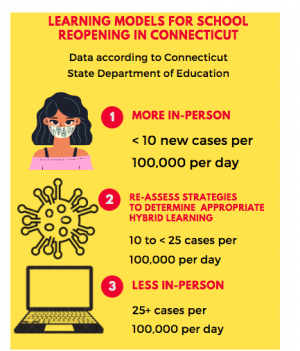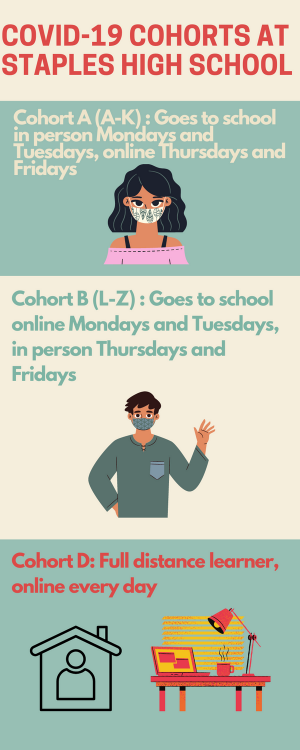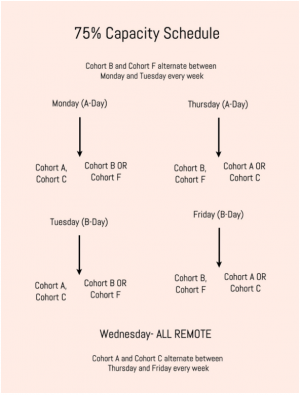New APO policy should have been implemented two weeks after February break
Students should be allowed to attend classes virtually two weeks before and after school vacations and be marked as APO excused.
As I entered my first-period class on the day we returned from February break, I was shocked to see the majority of my peers in-person. This was the opposite outcome of Thanksgiving and winter break, during which almost the entire class had attended virtually.
On Feb. 22, a new policy regarding students’ ability to have an excused APO (Absent-Present-Online) was implemented. Implementing this policy should have been delayed and only enforced two weeks after February break ended.
With this new policy, students can only receive an excused APO if they have an illness or are required to quarantine, and their parents spoke to school personnel on the day of the absence. If a student receives four unexcused APOs within a marking period, then they must have a meeting with their parents and a school administrator to discuss the potential of becoming a full-remote learner. When a student is APO on the day of a test, then teachers are allowed to require the student to take the assessment when they return to school.
While this is a fine policy, many students were legitimately hesitant to return to school immediately following vacation out of concern that their peers who had traveled wouldn’t follow Connecticut’s quarantine restrictions. Due to this, students should be allowed to receive excused APOs for the two weeks following school breaks. After these two weeks, the new APO policy should have been adopted.
Although it turned out that there weren’t many reported cases of COVID-19 at Staples following February break, there could have been. Many students traveled throughout the United States and even to other countries. The school doesn’t track where students are traveling and whether or not they properly quarantine and get tested upon their return, so there is ultimately no one holding these students accountable for following the COVID-19 guidelines before they return to Staples. Given that risk, APOs should have been excused following the break.
I understand that a stricter policy regarding the use of APO was necessary, because students would often stay home on days when they were suppose to be in-person, leaving only a handful of students in the classroom. This caused complications since teachers had prepared to give these students materials when they were in the physical building.
But still, exceptions should be available for students who have legitimate concerns for their health and safety.
Overall, the new APO policy is beneficial; however, it shouldn’t have been implemented until two weeks after February break concluded.

Business Director Meg Enquist ’23 has been on the swim team and water polo team for the majority of her high school experience.
“My favorite thing...












































